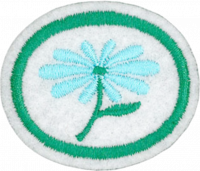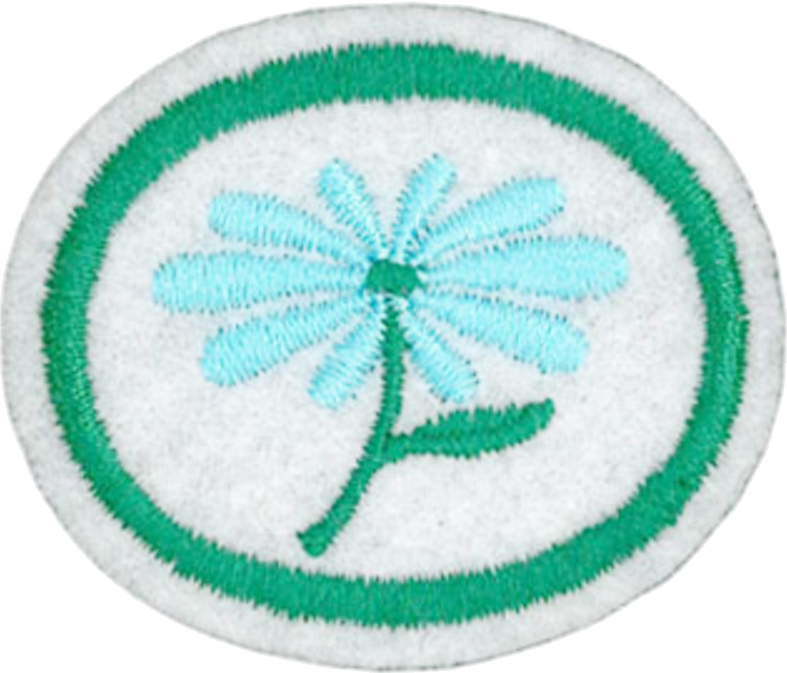Difference between revisions of "AY Honors/Flowers/Requirements"
From Pathfinder Wiki
(Marked this version for translation) |
Jomegat bot (talk | contribs) (Bot: Automated import of articles *** existing text overwritten ***) |
||
| Line 1: | Line 1: | ||
| − | + | {{HonorSubpage}} | |
| + | |||
| − | |||
<section begin=Body /> | <section begin=Body /> | ||
| Line 75: | Line 75: | ||
[[Category:Honor Requirements|{{#titleparts:{{PAGENAME}}|1|2}}]] | [[Category:Honor Requirements|{{#titleparts:{{PAGENAME}}|1|2}}]] | ||
[[Category:Honor Requirements Revision 3|{{#titleparts:{{PAGENAME}}|1|2}}]] | [[Category:Honor Requirements Revision 3|{{#titleparts:{{PAGENAME}}|1|2}}]] | ||
| − | </translate></noinclude> | + | <noinclude></translate></noinclude> |
| + | {{CloseHonorPage}} | ||
Revision as of 02:25, 19 March 2021
1. Draw or photograph 35 kinds of flowers and identify them correctly.
2. Draw and properly label, or point out the actual parts of a flower: pistil, stamen, petal, sepal.
3. Name six flower families and their distinguishing characteristics. Name at least two flowers in each family.
4. Describe the life history of a particular flower, including the part played by insects or wind in pollination.
5. Name at least two plants that are poisonous to touch, and state which, if any, are found in your locality.
6. Do three of the following:
- a. Arrange, draw or photograph a series of at least six flowers showing in order the colors of the rainbow: red, orange, yellow, green, blue, violet.
- b. Submit fresh, pressed or dried flowers which have: five petals, four petals, three petals, no petals.
- c. Distinguish and name two out of five wild or cultivated flowers by their odor, while blindfolded.
- d. List flowers that you have observed being visited for food by the following:
- i. Birds
- ii. Honeybees
- iii. Bumblebees
- iv. Butterflies
- v. Moths
- e. Watch a flower for at least ten minutes in the sunshine, and at least ten minutes after dusk, and report on insect visitors. State the number and kind of visitors and name of flower.


